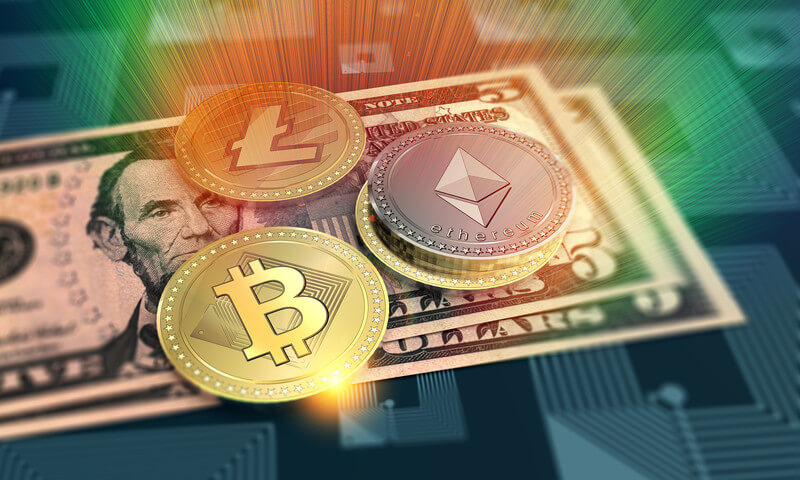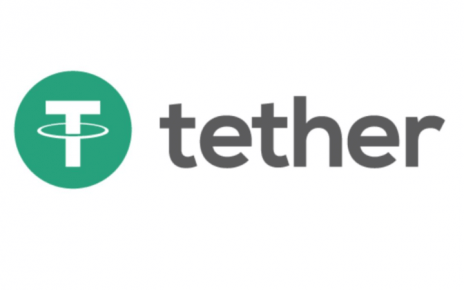Recently, one of the largest online payment services in the world, PayPal announced it was changing its commissions. The most notable thing in the announced was the increase of the commissions, which are now more expensive than the transactions with cryptocurrencies. The outcome is that paying with cryptocurrencies now seems to be more beneficial for the users that PayPal or its traditional alternatives.
The new PayPal’s policy entered into force at the end of last week and it modifies some conditions of the user agreement, as well as increases the commissions for international payments. The new rates for the payment services offered by PayPal establish a base amount depending on the country in which the user resides. This amount varies from 2.99 to 4.99 US dollars. Other rates that depend on the country of the user as then added to these commissions. Here is an excerpt from the PayPal’s announcement: “PayPal is making some changes to its User Agreement, Privacy Policy, PayPal Here Agreement and the PayPal Website Payments Pro and Virtual Terminal Agreement that will be effective as to all PayPal users in the U.S. on April 19, 2018. We encourage you to review this Policy Update and familiarize yourself with all the changes that are being made. If you do not agree to these amendments, you may close your account before April 19, 2018.“
In Latin America and Spain, the commission is 4.99 dollars per transaction, which represents a commission to which a 3.4% of the amount transferred is added. Finally, the last commission is added and calculated based on the receiving country in the transaction.
Likewise, PayPal implemented changes in its user agreement and now all accounts should be verified completely by providing information requested by the payment services provider. On the contrary, the users will only be able to check the balance of their account and withdraw the money to their bank account associated with their PayPal account. This condition is introduced to prevent the use of PayPal for money laundering operations and financing of illegal activities. Moreover, one account can only be used by one user.
These new conditions will make the adoption and use of Paypal harder in countries with strict exchange control and foreign currency management among the citizens, since the platform is obligated to comply with the official exchange rates in each country in which it operates.
On the other hand, the limitations imposed by PayPal could stimulate the adoption of the cryptocurrencies as a method of payment for international transactions, especially if we take into account the current low commissions for transactions performed with Bitcoin, ether, Litecoin and even dash.
It is important to know that the costs of the transfers on the cryptocurrency market do not depend on the geographic location of the parties involved in the transactions, but on the immediacy of the confirmation of transfer required by the users. This is a characteristic that leaves open the possibility to send a millionaire transactions in bitcoins and pay only 0.08 dollar cents if you are willing to wait between six and eight hours for the transaction to be confirmed, according to the current speed of the Bitcoin blockchain network.
The average transfer confirmation time in the Bitcoin blockchain network is 30 minutes, with a commission of 0.18 dollar cents. On the other hand, in the Ethereum blockchain network, the same transaction is confirmed also in 30 minutes, but with a commission of 0.008 dollars. Finally, the commision will cost you 0.165 dollars in the Litecoin blockchain network.
It is worth mentioning that PayPal is a payment service much more popular at the moment than the payment with cryptocurrencies, which is why it is easier to find people willing to do business through PayPal than people willing to accept bitcoins or other cryptocurrencies on the market.
Nowadays, in the majority of countries in the world there are cryptocurrency exchanges or decentralized platforms such as LocalBitcoins that facilitate the conversion between the local fiat currency and cryptocurrencies. These platforms maintain low commissions per transaction and, despite also maintaining security levels designed to avoid the money laundering, do not request the users to verify their accounts by compromising their privacy, nor do they restrict the users to having only one account per user.




